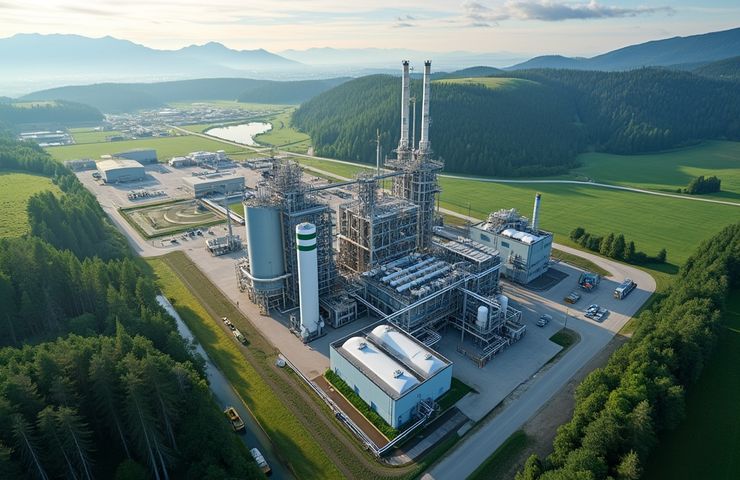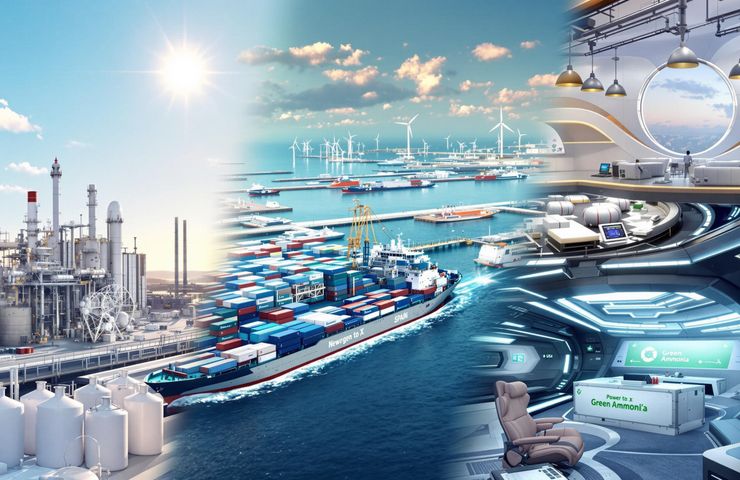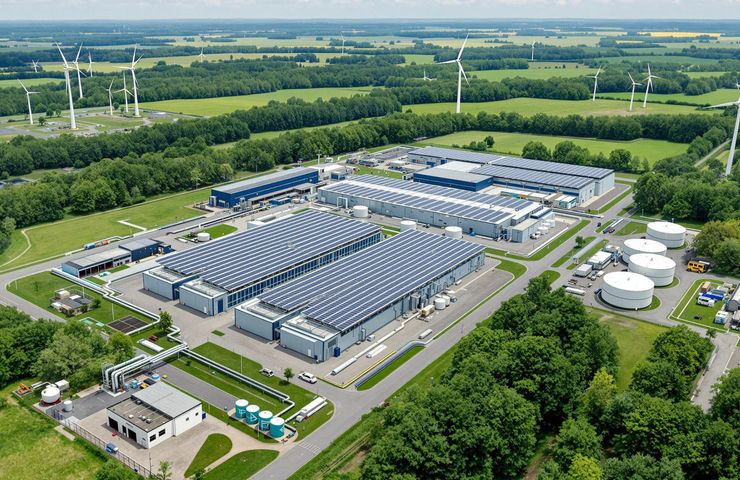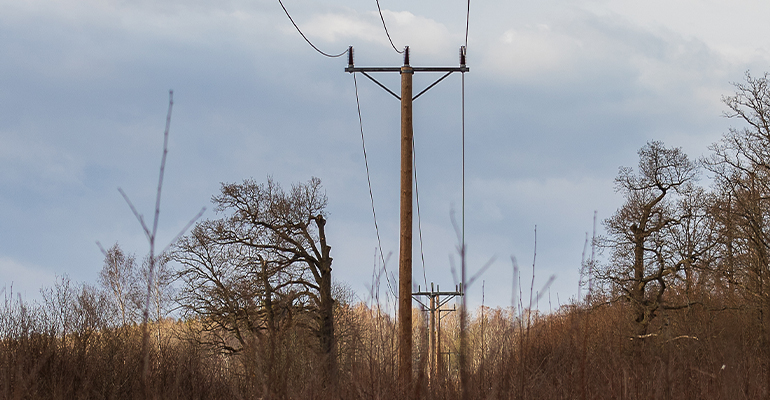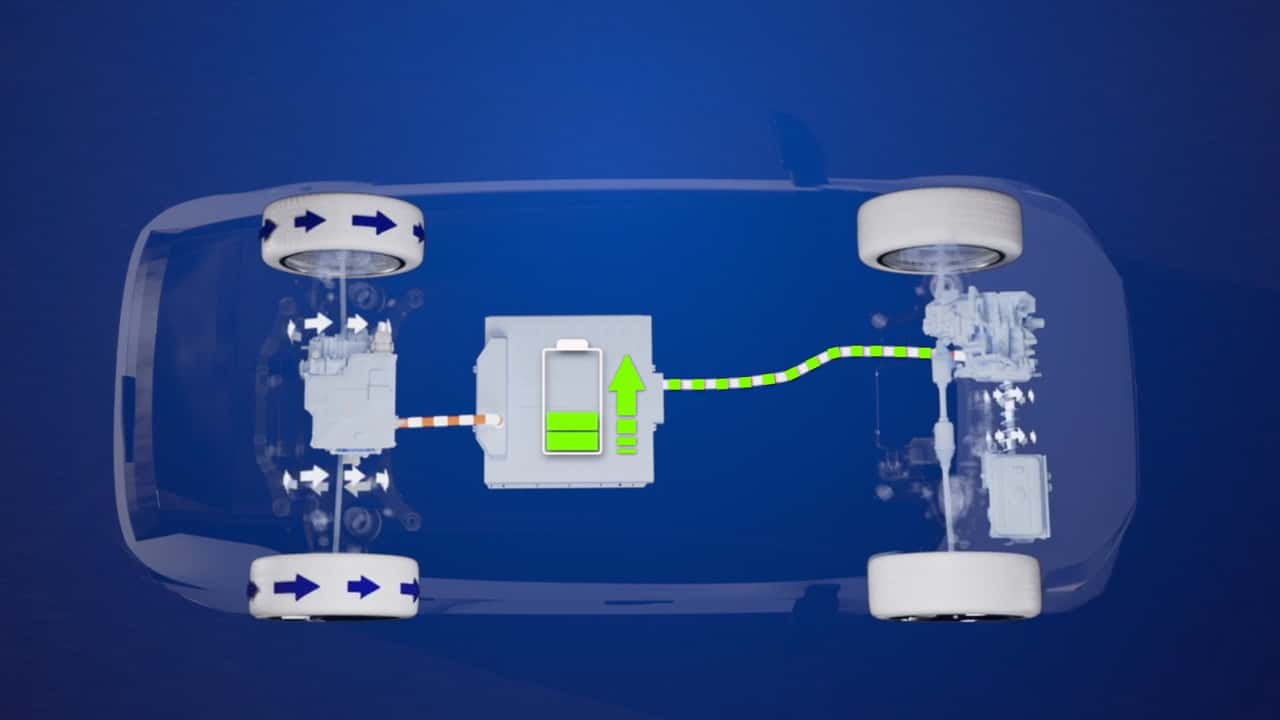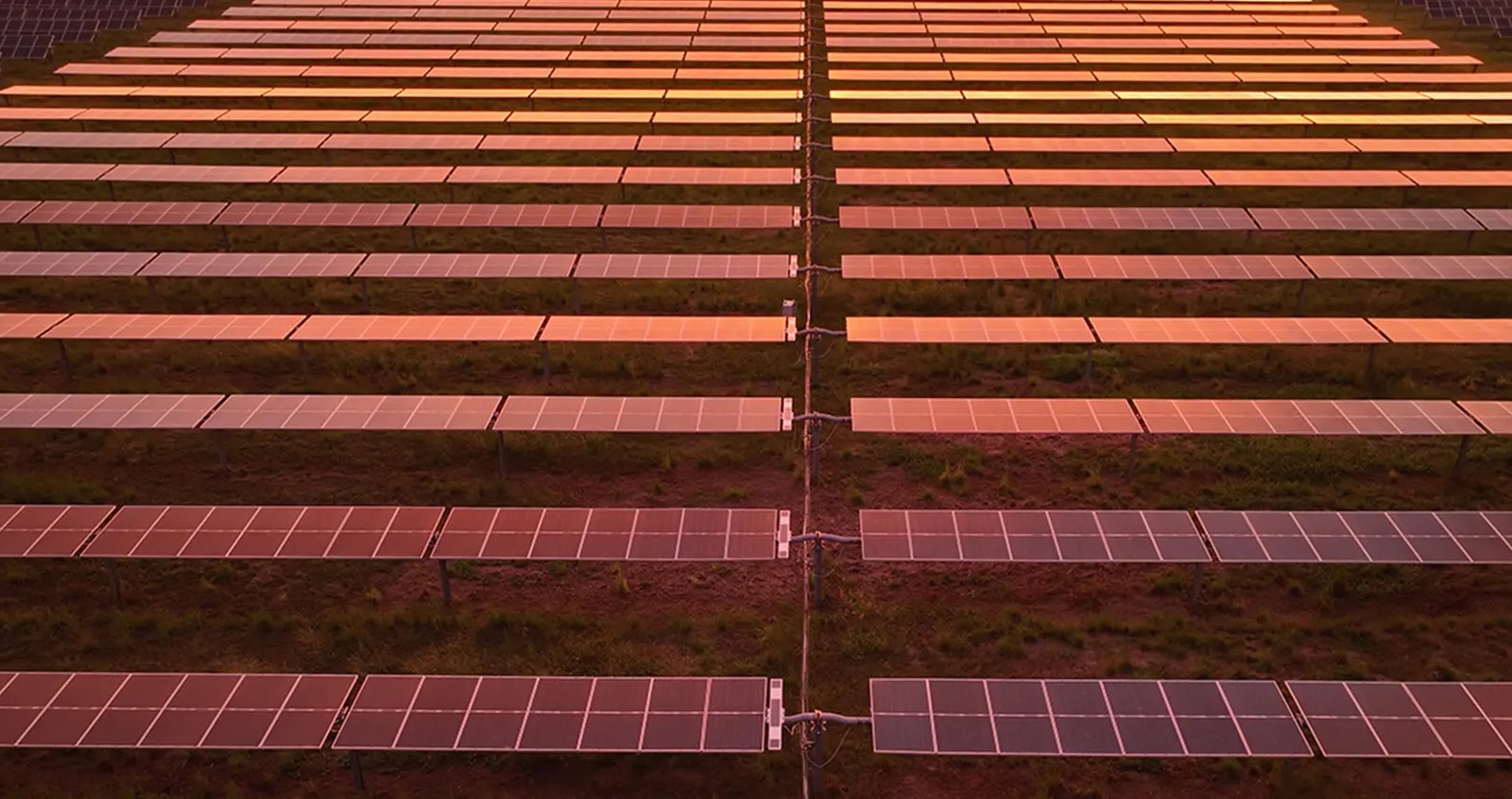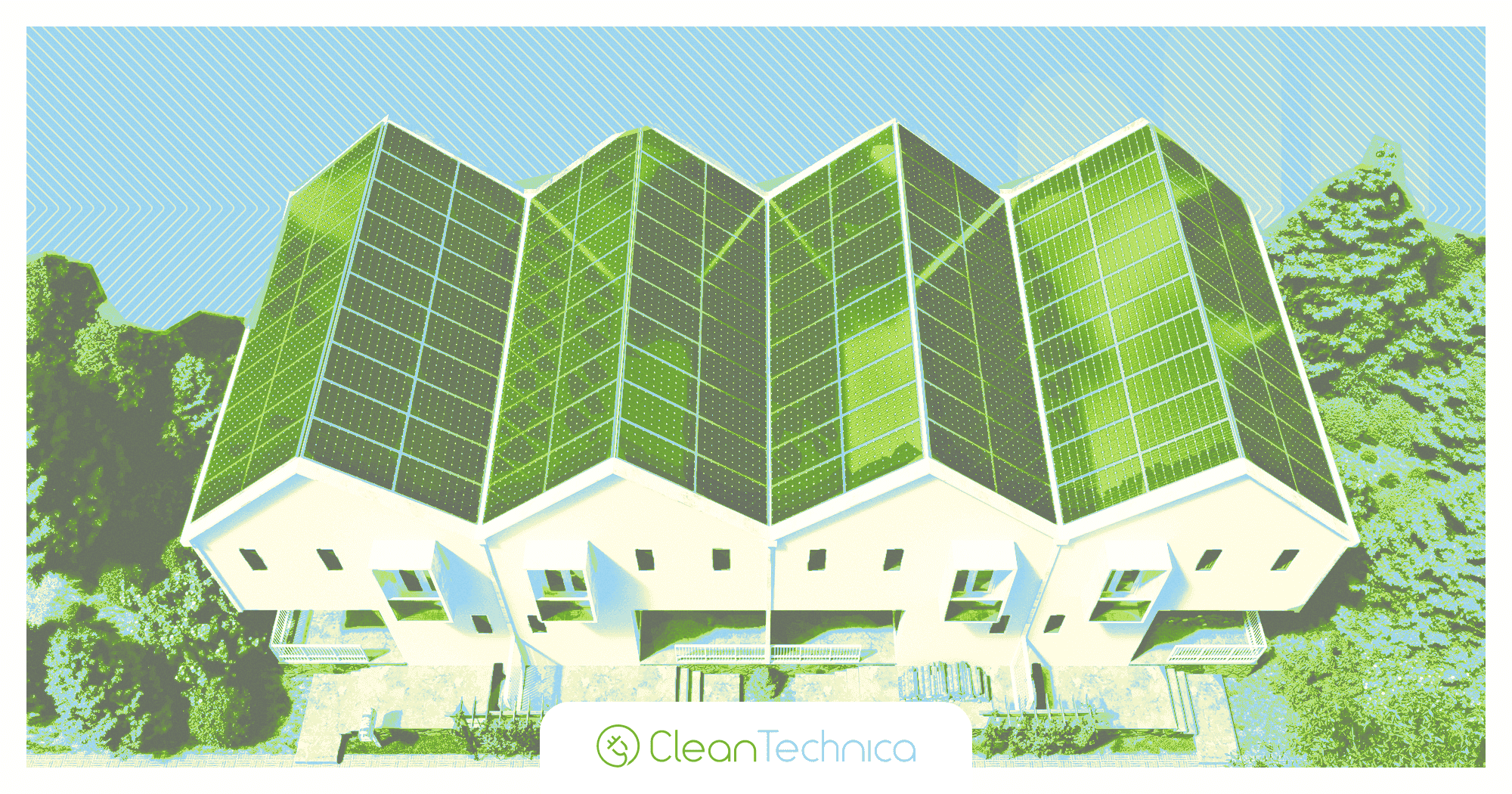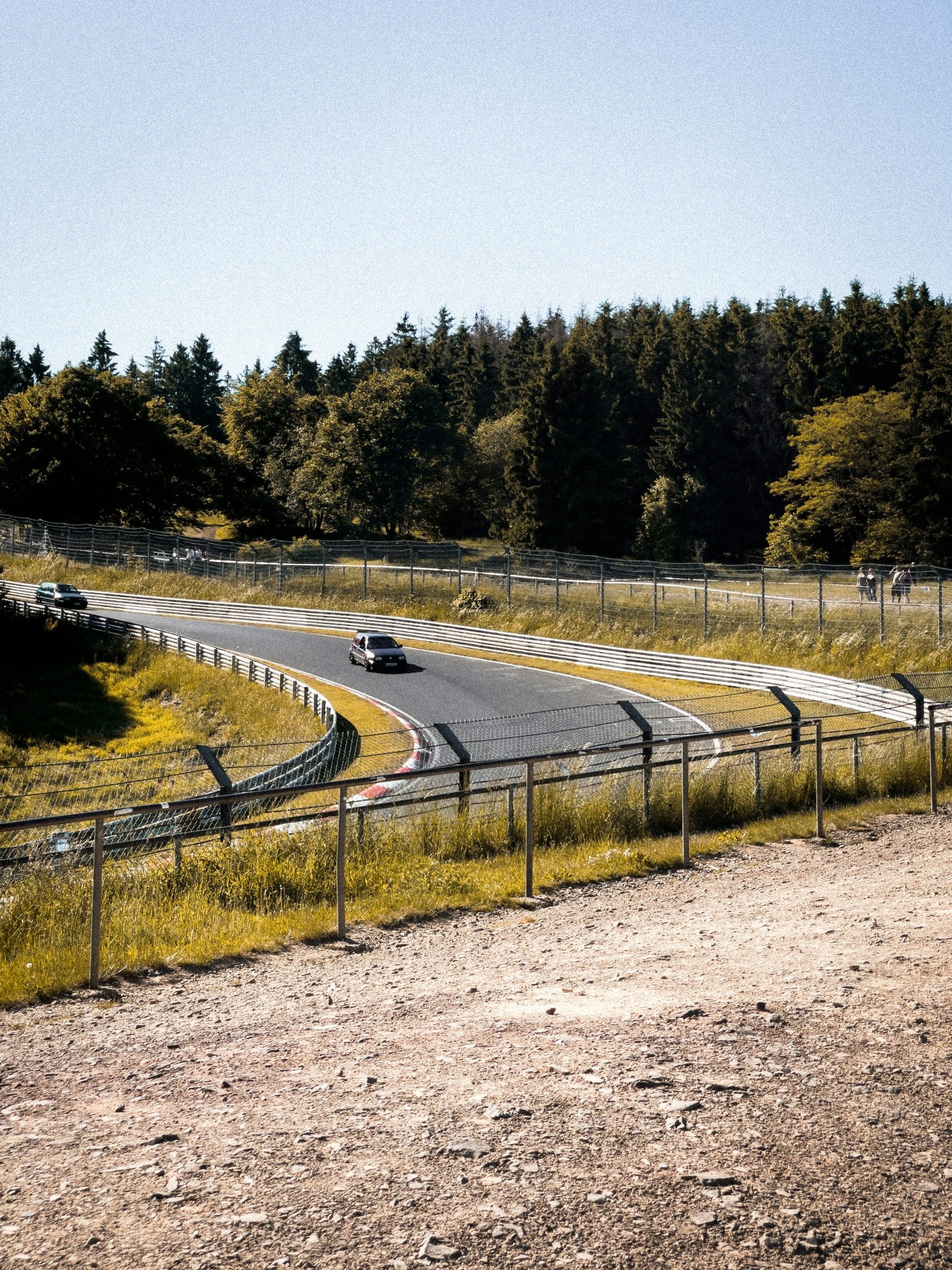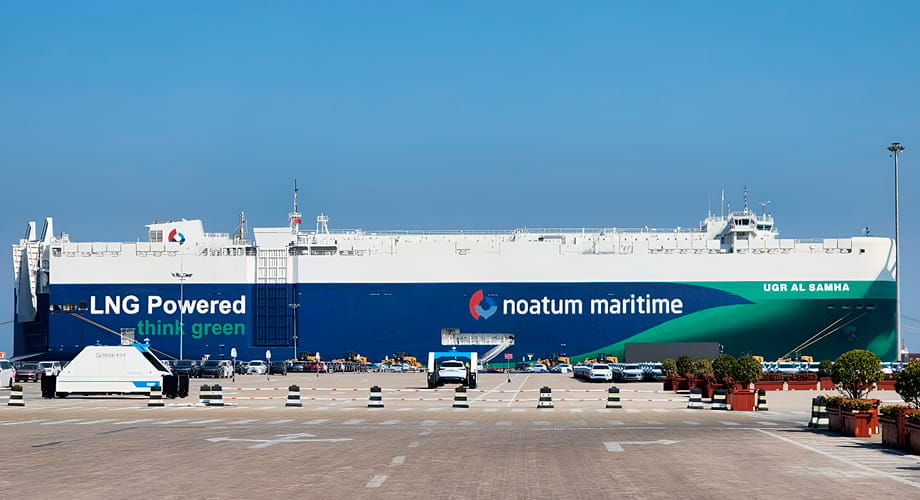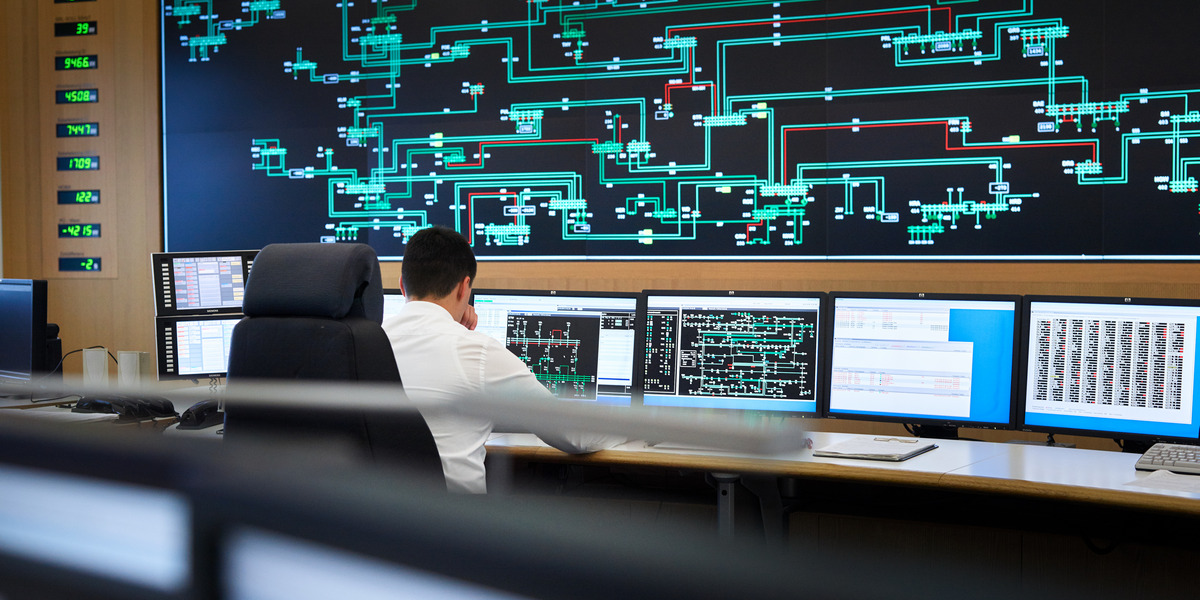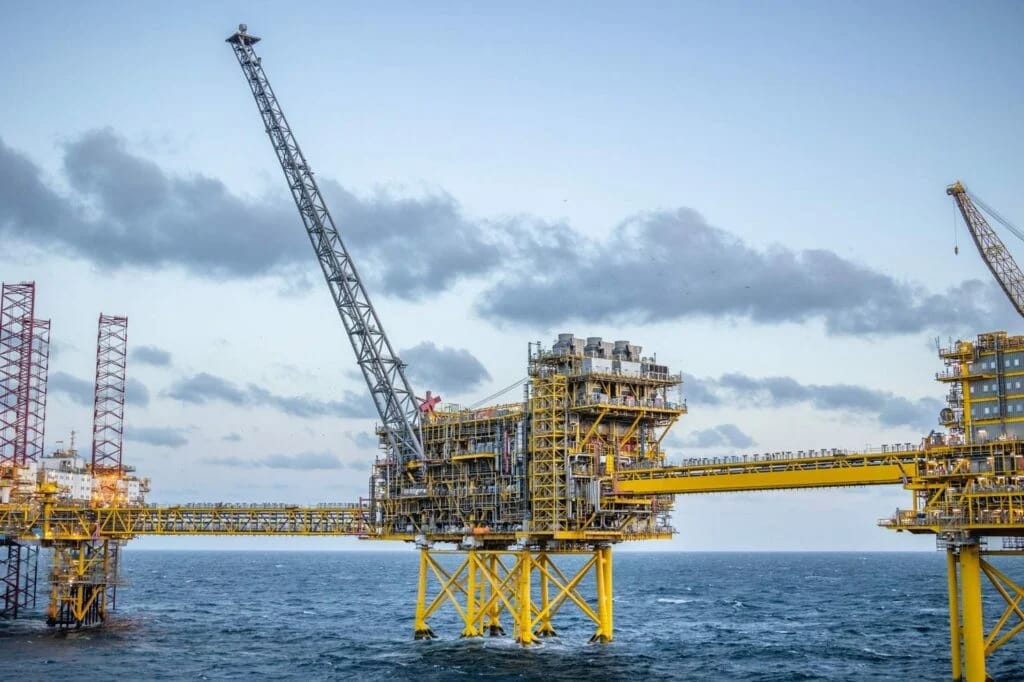IrBEA event to showcase the potential of biomass to decarbonise industrial heat
Following last year's publication of the Irish Government’s Industrial Heating Decarbonisation Roadmap, there is renewed interest from large industry users in exploring biomass as an industrial heat decarbonization option. Tapping into this renewed interest, the Irish Bioenergy Association (IrBEA) is organising a seminar to showcase the biomass potential and opportunity in decarbonising industrial heat.

Published in June 2024, the ‘Roadmap for the Decarbonisation of Industrial Heat‘ is a “concise policy document designed to translate the policies in the Climate Action Plans and EU regulations into a clear and coherent decarbonisation pathway for businesses.”
According to IrBEA, the Irish Government is also seeking to extend the biomass support under the Support Scheme for Renewable Heat (SSRH) to the emissions trading sector, which could have additional implications for industrial heat users.
Our event is targeted at large industrial heat users. The objective is to provide large industries with information and updates on biomass resource availability, supply security, sustainability and environmental considerations, certification, long-term viability, and the broader benefits of adopting industrial heating biomass solutions. Additionally, the latest advancements in biomass technology will be outlined, showing how biomass is successfully implemented in large-scale industrial settings, driving decarbonization, and reducing emissions and costs, explained Seán Finan, CEO of IrBEA.
Scheduled to take place in Naas, Co. Kildare, on April 17, 2025, the ‘Decarbonising Industrial Heat Using Biomass’ seminar will showcase existing industrial heat users who are successfully deploying biomass at scale.
Sustainability of the biomass supply is a key consideration for users.
Biomass is regulated under the sustainability and greenhouse gas saving criteria of the renewable energy directives and by national and EU fuel quality and emission limit values. Biomass from forests is complementary to sustainable forest management practices. The main objective of commercial forestry in Ireland and across Europe is to produce high-quality timber for use in the construction sector as low embodied carbon building materials. The production of sawlog-sized material involves practices such as thinning. The smaller size logs have several markets, including energy use, once the existing board mill and other solid wood uses have been satisfied. Forest-based biomass is a great opportunity for industrial heat decarbonisation, said Maurice Ryan, Business Development Director at Green Belt and President of IrBEA.
Ireland has set very ambitious 2030 targets for greenhouse gas (GHG) emission reductions and climate action.
In this context, cutting emissions and the displacement of fossil fuel use in industrial heat are both a significant challenge and an opportunity.
IrBEA is delighted to announce that the Sustainable Energy Authority of Ireland (SEAI) is the main sponsor of the event. The seminar is being organised in partnership with Worrell Harvesting, Balcas Energy, and the Wood Fuel Quality Assurance (WFQA) Scheme. We are very appreciative of the support of our sponsors and partners. We look forward to welcoming industrial heat users to the event and engaging with them on the potential opportunities provided by biomass to decarbonise their energy use, particularly when solid biomass represents the lowest cost decarbonisation option for heating in terms of c/kWh or €/tCO2 abated, compared to other renewable heat technologies, ended Seán Finan.
What's Your Reaction?







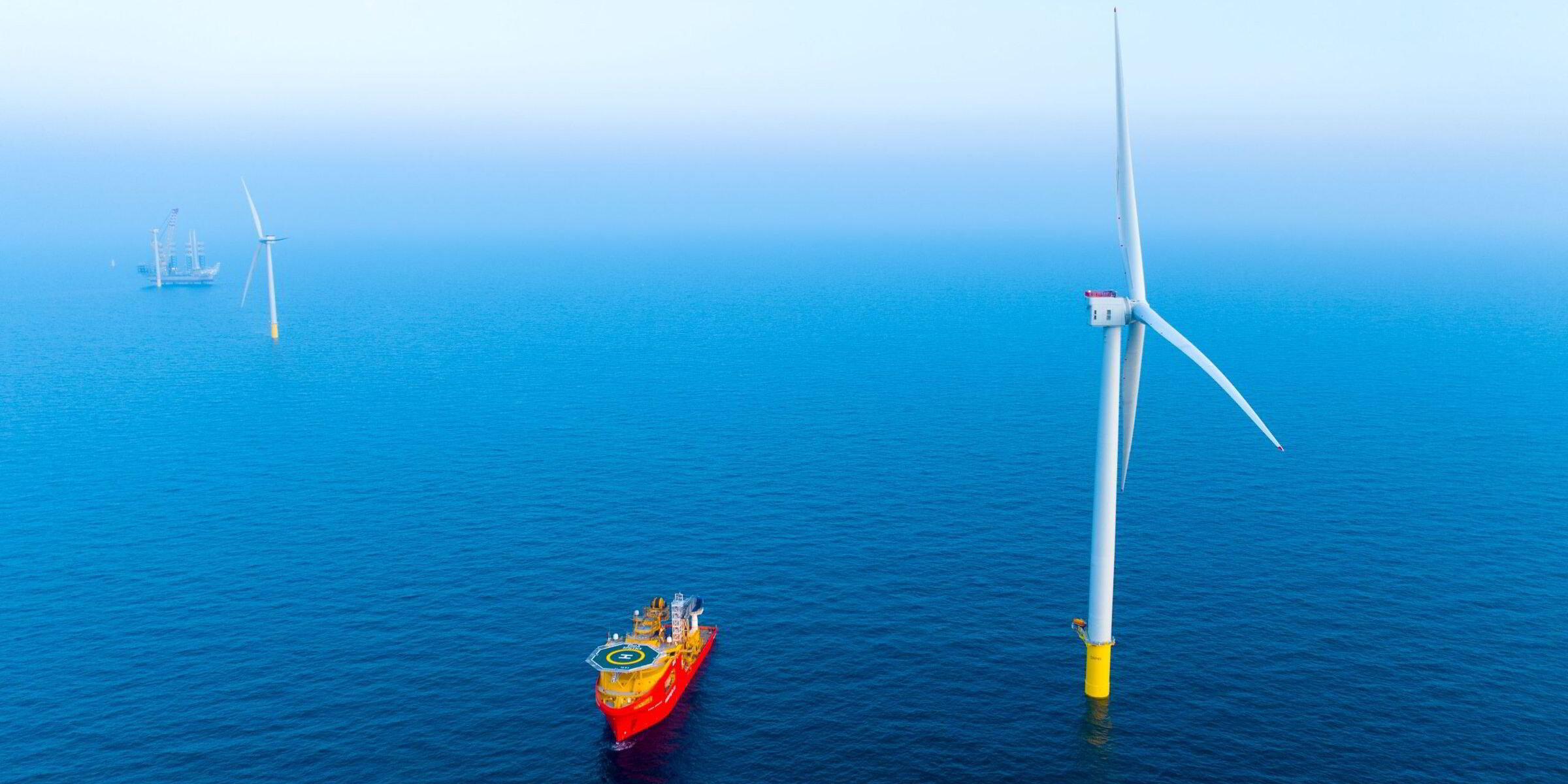
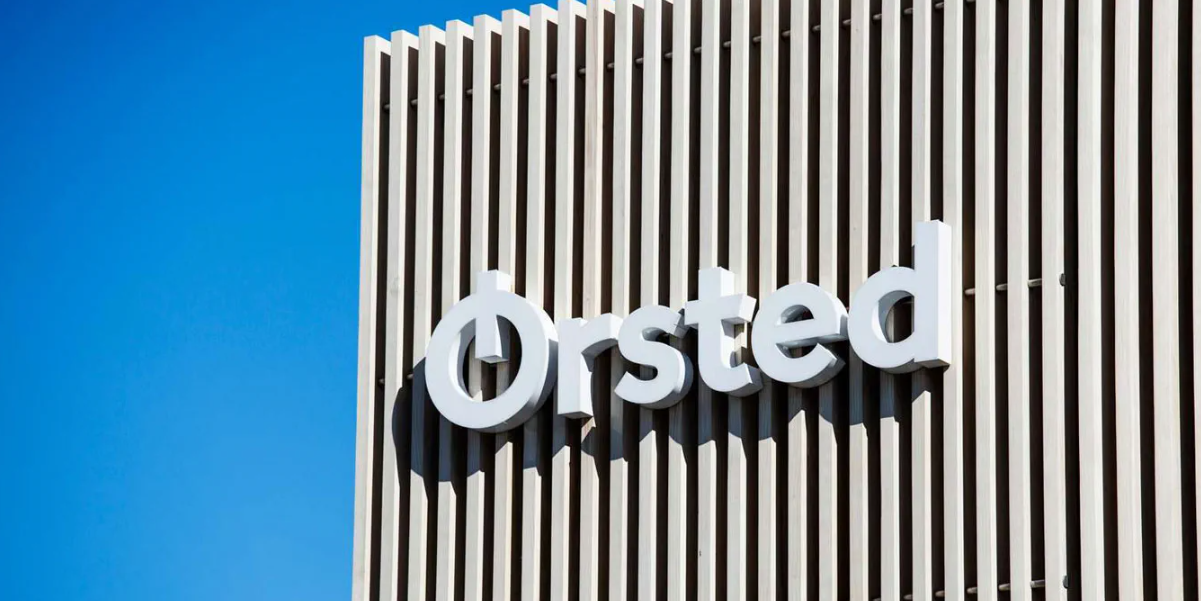
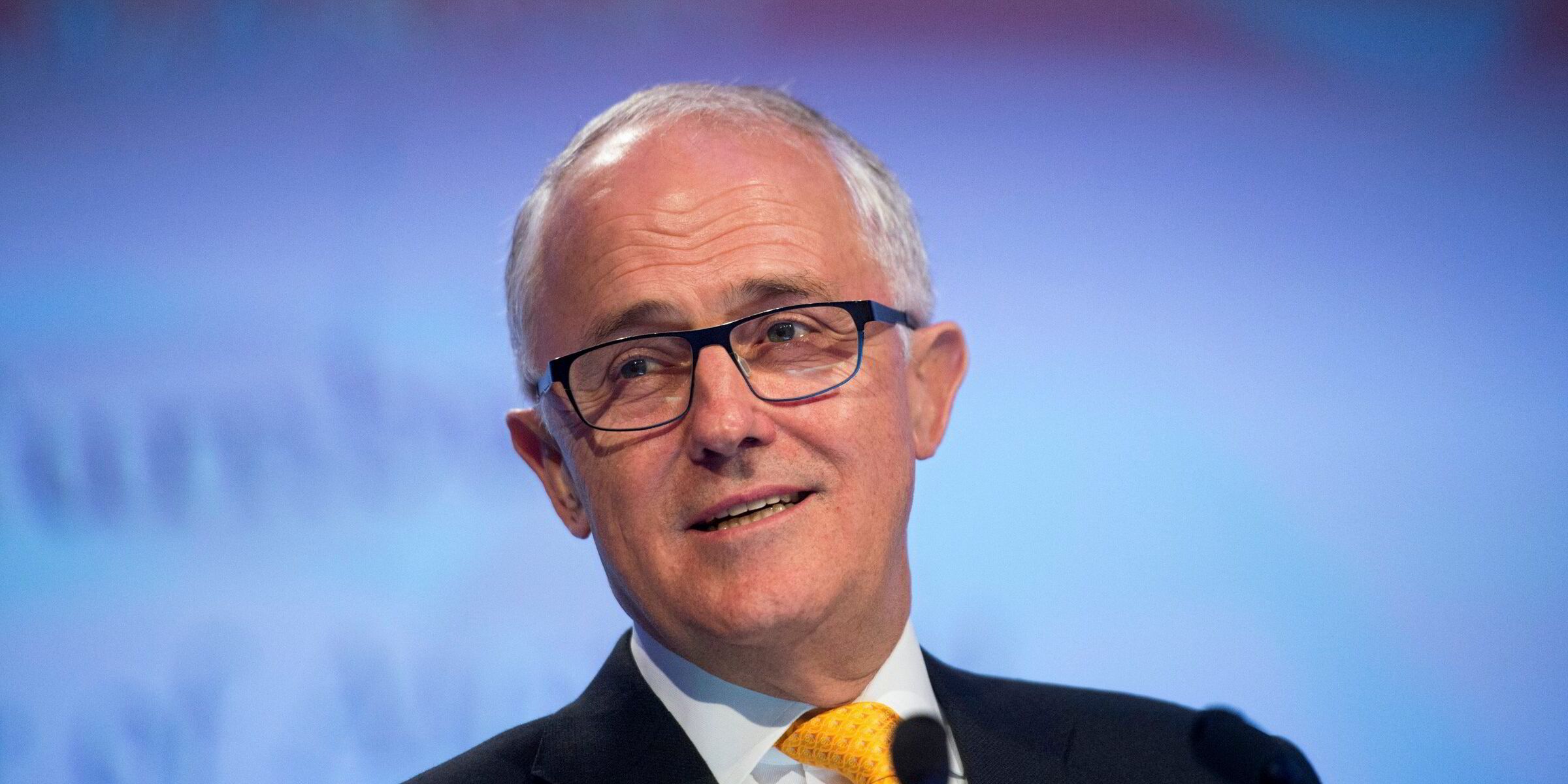
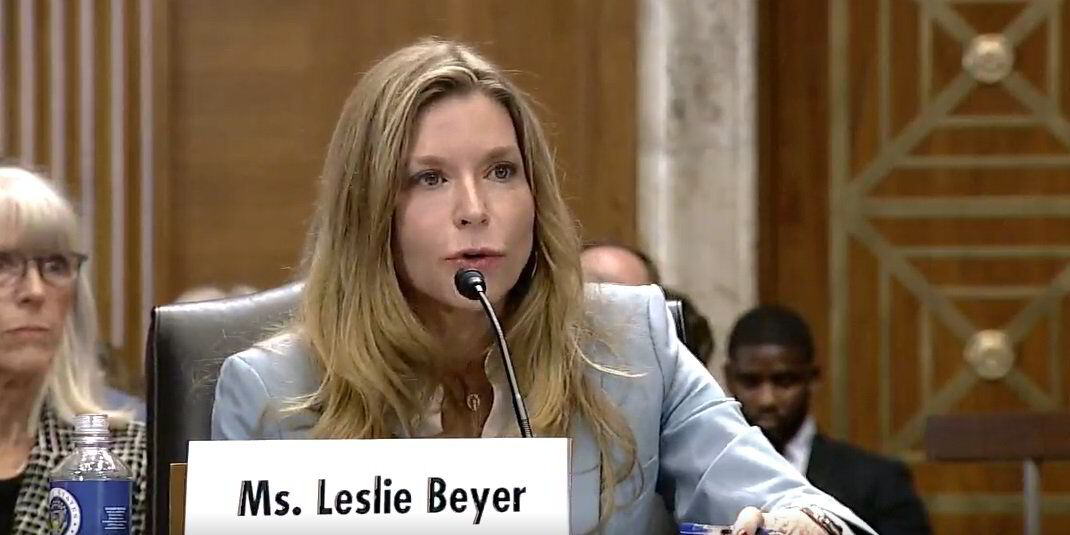





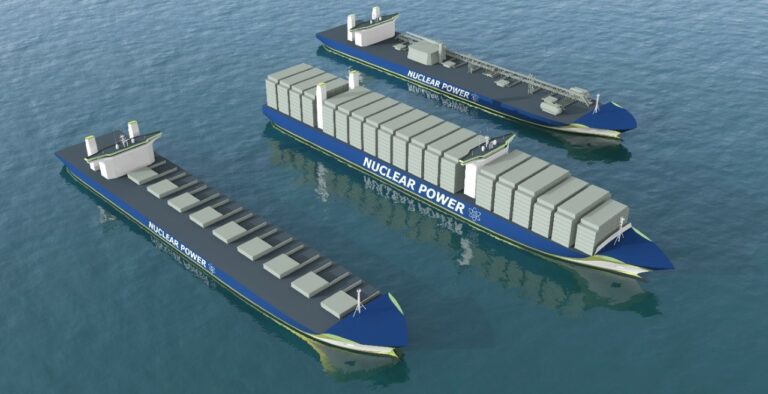


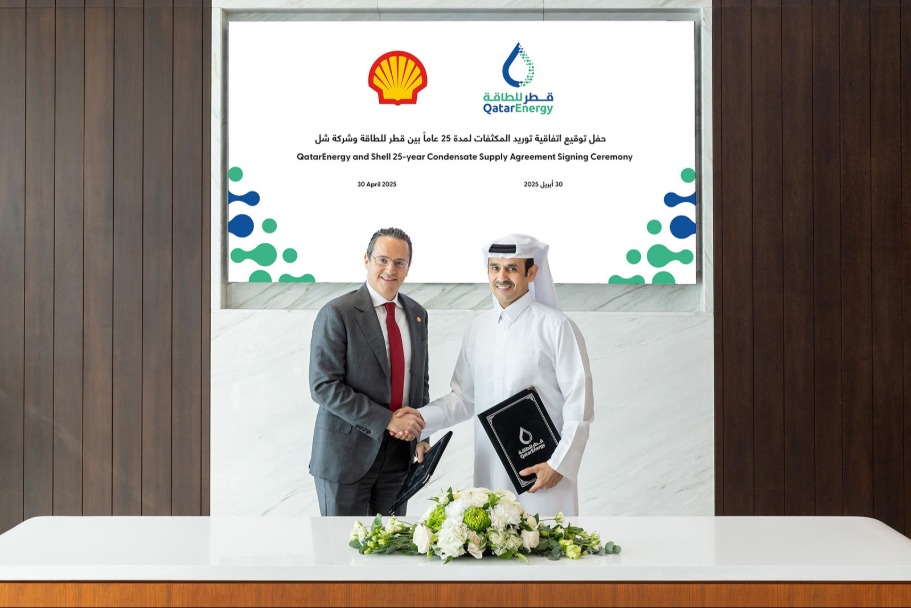

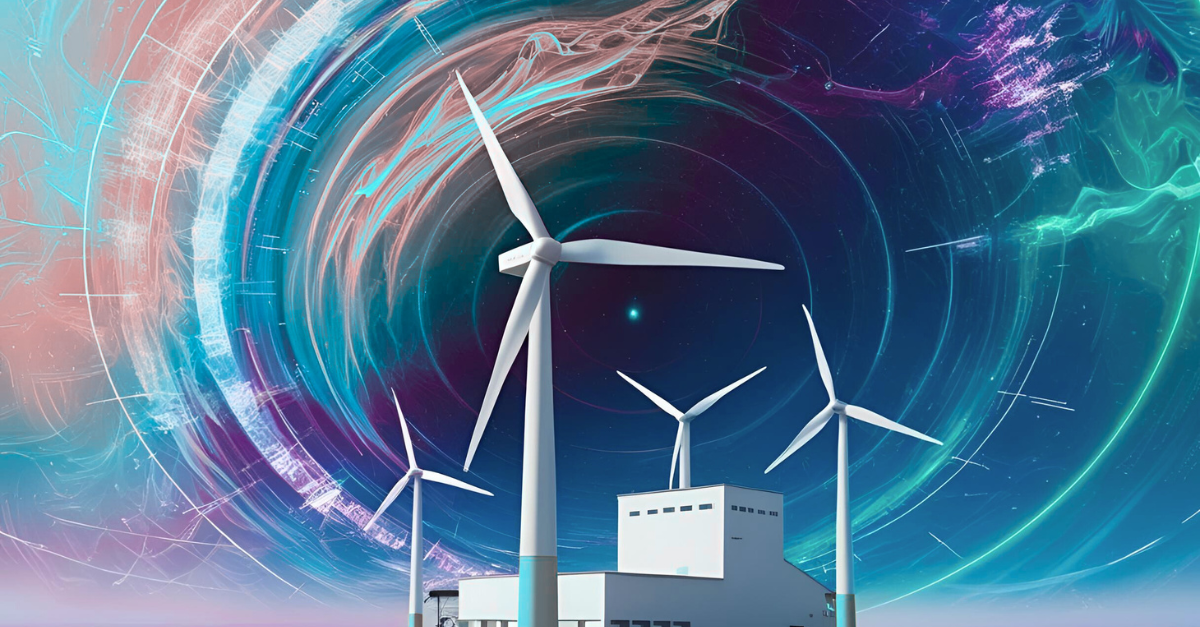

![[Upcoming Webinar] Addressing the Wind Industry's €25 Billion Annual Wake Loss Problem](https://www.windesco.com/hubfs/Swarm%20webinar%20cover%20image.png)
